The Hague School follows an alternating MW/TTh schedule. Fridays are flex days to permit student/teacher conferences, additional electives, guest speakers, and/or community outreach. Upperclassmen in the IB Diploma Programme follow a similar schedule, integrating core courses in Theory of Knowledge, Extended Essay, and Creativity, Activity, & Service into the weekly courses and dual enrollment Biology labs at Virginia Wesleyan University into the Friday blocks. Our campus remains open after school for students wishing to expand their academic interests or participate in extracurricular activities such as clubs, sports, music, etc.
Each student’s first year requires the completion of a practical, intensive introduction to effective research. Underclassmen complete survey courses in foreign languages, from which they can select a language of specialization for their final two years as a part of the Diploma Programme. The first two years of the core curriculum are designed to equip all students with prerequisite skills for our college preparatory IB curriculum offered in their final two years.
Curriculum
Artist-in-Residence Luisa Adelfio describes the value of the IB program and the conference method when it comes to creativity and facing the “blank paper” in her art history and studio art courses.
Emphasis on Critical Thinking
Critical thinking and self-directed, Harkness conference style dialogue facilitated by a master teacher are the foundation of each course offered, whether in the student’s underclass (9th & 10th grade) years or during the Diploma Programme (11th & 12 grade). In all courses, students learn to construct, advance, evaluate, and critique arguments across disciplines and to apply their knowledge to real world situations.
Engagement means
learning is fun here!
A diverse environment and collaborative learning fosters confident expression, and experiential learning connects each unit of study to increase retention – and make learning a fun and positive experience.



